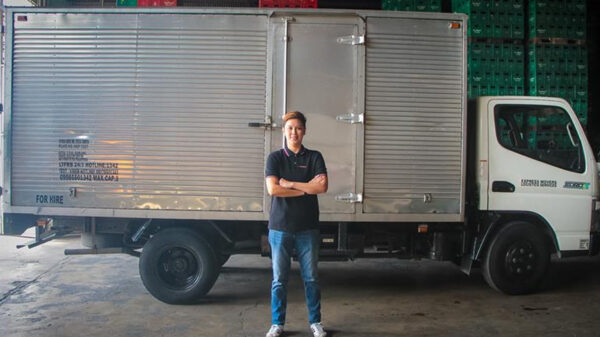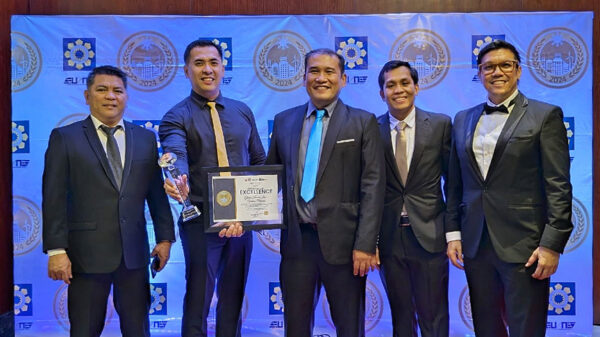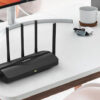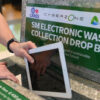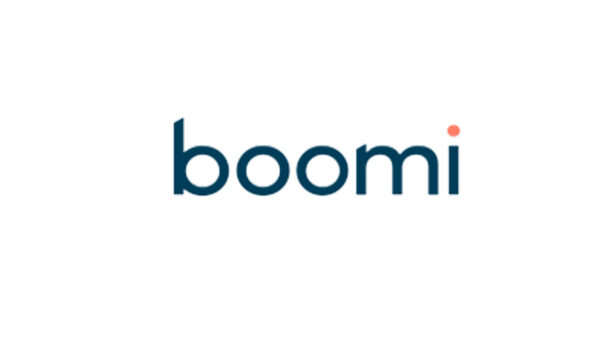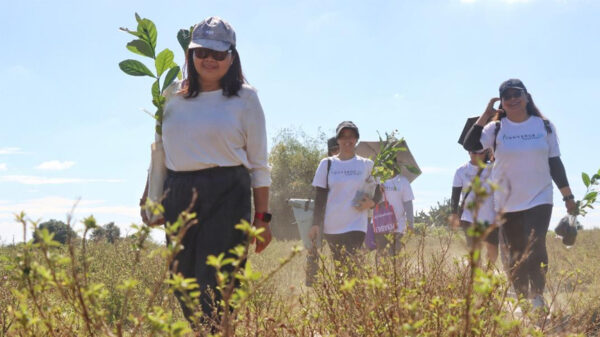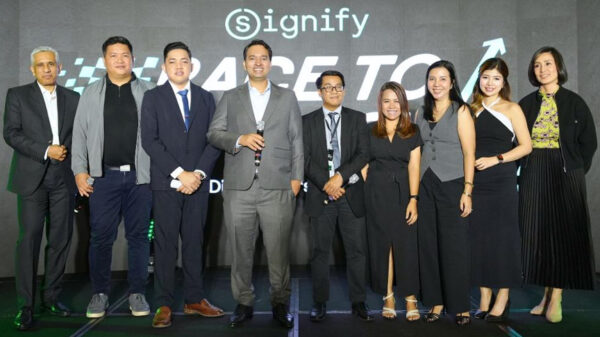Six months into this pandemic and we’ve seen multiple businesses come up with innovative solutions to address new demands and work around constraints. Cocktail bars are offering bottled drinks that can be delivered straight to houses, fashion designers are holding virtual fashion shows, event agencies are streaming live concerts – and these forms of innovation have become essential as families continue to stay home and opt for contactless experiences in fear of contracting diseases. In fact, a Rakuten Insight study last May showed that 49% of consumers all over the world have started purchasing more online since the crisis.
Companies that adopted a digital channel prior to the pandemic were able to get ahead, and even more so for those who have the ability to deliver products and services to customers’ doorsteps. With a business model that relies mainly on person-to-person interactions rather than brick-and-mortar shops, the direct selling industry had an advantage – it just needed to shift its platforms from physical to digital. This meant making use of social media and conducting virtual calls to stay connected with customers and enabling contactless deliveries and payments. And this is exactly what direct selling company Amway Philippines did.
“We at Amway Philippines were fortunate because we made early investments in technology, so even with our physical shops closed during the lockdown, our direct sellers or Amway Business Owners (ABOs) are still able to order products via our website and continue servicing their customers. We also expanded our payment options and improved our logistics to adapt to quarantine challenges,” shares Leni Olmedo, Country Manager of the direct selling company. “But now, we are stepping it up and taking it further by making our website available to all – even non-ABOs.”
On October 17, Amway Philippines will be launching its new e-commerce platform, Amway Exclusive Shopper or AES, to give everyone easier access to its products. This is an even bigger shift from the usual direct selling business model as customers can now purchase products directly from the website.
However, unlike many e-commerce platforms, each order will be fulfilled through an assigned ABO so customers can still benefit from personalized service whether or not they opt to directly engage with the ABO.
Olmedo believes that this innovation will prove to be relevant and that consumers and ABOs alike will benefit from it, now and way beyond the crisis.
“We’ve always been dedicated to providing products that will enable Filipinos to live healthier and better lives, and this new program will help us deliver that promise by making our products more accessible to all,” she says. The company houses brands such as Nutrilite plant-based supplements and Pursue home care products which are in high demand amid the pandemic as they are considered essentials.
“For our ABOs, this means that they can spend less time worrying about logistics especially with the country’s current situation and focus instead on building and improving their businesses,” Olmedo adds.
“Technology has been improving product access and bringing convenience to businesses even before COVID-19, and this is why we invested in AES,” the Country Manager says. “The pandemic just found a way to accelerate the call for innovation and is proving that digital transformation is truly relevant, so we believe that many businesses, including us, will continue to look into these changes well into the future.”

